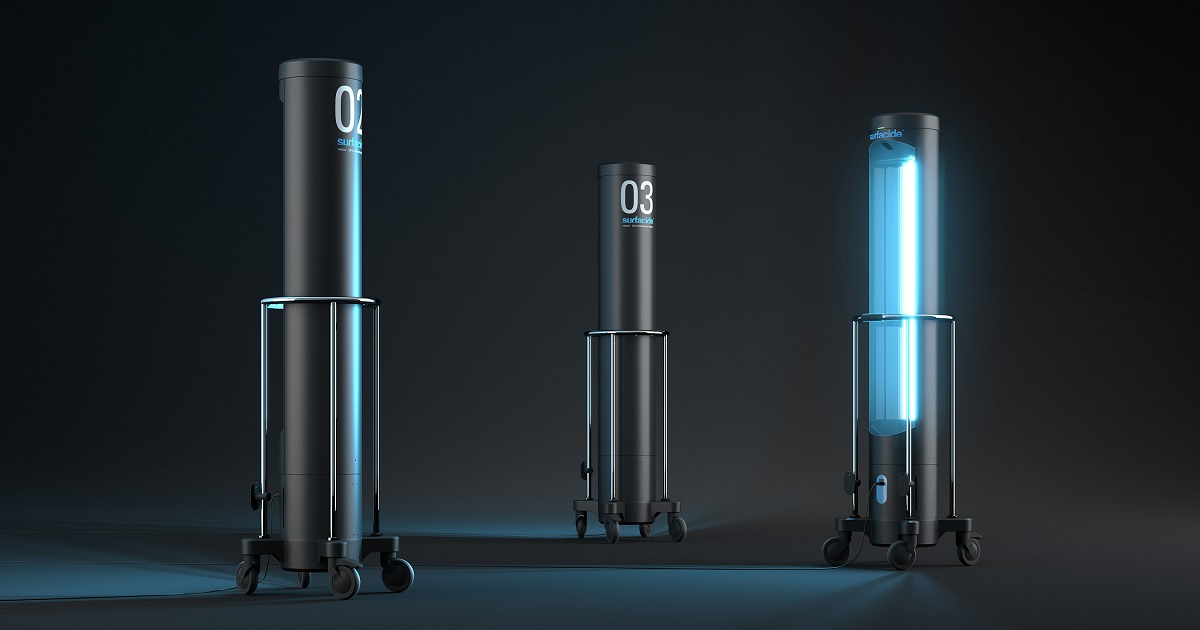
Emerging Technology, Cybersecurity
Businesswire | March 23, 2023
Red River, a technology transformation company serving government and enterprise customers, today announced that it is now an authorized provider on the U.S. Army’s Information Technology Enterprise Solutions 3 Services (ITES-3S) contract. Awarded by the Computer Hardware, Enterprise Software and Solutions (CHESS) and the Army Contracting Command - Rock Island (ACC-RI), ITES-3S is a nine-year, $12.1 billion, indefinite delivery indefinite quantity (IDIQ) contract.
The ITES-3S IDIQ will provide a broad range of enterprise information technology services and support to the U.S. Army and other authorized Federal Government agencies. Types of information technology services available through the ITES-3S IDIQ include Program Management; Cybersecurity/Information Assurance; Enterprise Design, Integration and Consolidation; Network/Systems Operation and Maintenance; Telecommunications; Supply Chain Management; Operation and Maintenance; Business Process Engineering; and Information Technology Education and Training.
This award demonstrates Red River’s longstanding commitment to providing superior professional services to the U.S. Army and the opportunity to continue to serve and support the men and women in uniform at home and abroad. Red River has more than 25 years as a trusted technology and services provider to the U.S. government and Department of Defense (DoD).
“We are excited to continue our longstanding history of supporting the technology services needs of the Army and other government agencies supported through this contract vehicle,” said Brian Roach, CEO for Red River. “We look forward to collaborating with DoD technology leaders to support their mission requirements in areas such as cybersecurity, managed services, cloud, infrastructure and collaboration. This is a significant addition to our contracts portfolio and strengthens our position as a leading technology and services provider to the DoD and the U.S. government as a whole.”
About Red River
Red River brings together the ideal combination of talent, partners and products to disrupt the status quo in technology and drive success for business and government in ways previously unattainable. Red River serves organizations well beyond traditional technology integration, bringing more than 25 years of experience and mission-critical expertise in managed services, cybersecurity, infrastructure, collaboration and cloud solutions.
Read More

Emerging Technology, Cybersecurity
ECS | March 21, 2023
ECS, a leader in advanced technology, science, and digital transformation solutions, has won a five-year $19M contract with the Defense Manpower Data Center (DMDC) within the U.S. Department of Defense (DoD). A leader in DoD identity management, the DMDC maintains DoD databases, supports the information requirements of the Office of the Under Secretary of Defense for Personnel & Readiness, and oversees DoD personnel programs and research.
ECS will support the digital transformation of the DMDC by optimizing existing instances of ServiceNow ― the digital workflow management platform ― and ensuring the success of new implementations. By providing operations and maintenance services, architectural design, development, and implementation services, ECS will bring new capabilities to the DMDC and transform legacy IT applications.
ECS adds this DMDC project to a lengthy list of successful ServiceNow deployments it has undertaken for the DoD and federal civilian clients. These include: the Army, Air Force, Space Force, Defense Information Systems Agency, several DoD Fourth Estate agencies, Department of Commerce, Department of Homeland Security, Department of the Treasury, U.S. Postal Service, and Environmental Protection Agency.
“ECS is excited to support the critical mission of the DMDC,” said John Heneghan, president of ECS. “We’ll use our ServiceNow expertise to help the agency reduce workflow complexity, boost productivity, and offer improved services to uniformed service members, veterans, and families around the world.”
“As a ServiceNow Elite partner, ECS leverages the full power of the platform to support the DMDC’s digital transformation,” said Martin Burke, vice president of Integrated Solutions at ECS. “ECS will help DMDC reengineer and modernize every one of its business and IT processes, using the powerful features and flexibility of the ServiceNow platform.”
About ECS
ECS, ASGN’s federal government segment, delivers advanced solutions in cloud, cybersecurity, data and artificial intelligence (AI), application and IT modernization, science, and engineering. The company solves critical, complex challenges for customers across the U.S. public sector, defense, intelligence, and commercial industries. ECS maintains partnerships with leading cloud, cybersecurity, and AI/ML providers and holds specialized certifications in their technologies. Headquartered in Fairfax, Virginia, ECS has more than 3,800 employees throughout the United States.
About ASGN Incorporated
ASGN Incorporated (NYSE: ASGN) is a leading provider of IT services and professional solutions, including technology, creative, and digital, across the commercial and government sectors. ASGN helps leading corporate enterprises and government organizations develop, implement, and operate critical IT and business solutions through its integrated offering of professional staffing and IT solutions.
Read More

Emerging Technology
Surfacide | March 20, 2023
Surfacide, an industry leader in UV-C low-level disinfection technology, announced today that it has been awarded a Multiple Award Schedule (MAS) contract by the U.S. General Services Administration (GSA). This contract will allow government customers and federal agencies to easily procure Surfacide's Helios® UV-C disinfection systems for their healthcare facilities. As a GSA Schedule Contractor, Surfacide has met all the requirements to sell to the federal government, making the federal purchasing process faster and more cost-effective for government agencies. Government buyers will now be able to access Surfacide products through GSA Advantage!, the government's premier online shopping superstore.
The Surfacide Helios system is the only patented, low-level UV-C disinfection solution to use a trio of light emitting 'robots' simultaneously, significantly reducing bacteria and virus on colonized surfaces. The Helios system provides UV-C energy to more exposed areas than single devices—boosting power, dosage and efficacy in a single cycle. The system can be easily moved and configured within different high-impact areas of a hospital or clinic such as patient rooms, patient bathrooms, ORs, outpatient/ambulatory surgery, burn units, labor & delivery, isolation rooms, etc.
"As a GSA Schedule Contractor, we now have the stamp of approval stating that we've met all the requirements to sell to the federal government, giving us a huge benefit in the federal purchasing process," said Gunner Lyslo, CEO & Founder of Surfacide. "We're proud to have been awarded this GSA MAS contract and are excited to provide our innovative UV-C disinfection technology to government customers more efficiently."
Surfacide is rapidly growing and has become widely adopted in the VA space. After seeing the benefits of Surfacide's scientifically-proven technology, more and more VA facilities are transitioning from single emitters to Surfacide's patented triple-emitter Helios System.
About Surfacide
Founded in 2010, Surfacide is a UV technology and infection solutions company producing scientifically proven, hospital-grade UV devices. Surfacide's award-winning Helios® System is the world's only patented, triple emitter 'robotic' UV light solution to rapidly reduce bioburden and pathogens. A trusted partner in infection prevention, Surfacide has been deployed in over 600 leading hospitals, nursing homes, dental offices, fire stations, prisons, police stations, commercial office spaces, hotels and public venues worldwide. Surfacide LLC is proud to be American-made and manufactured in Waukesha, WI.
Read More